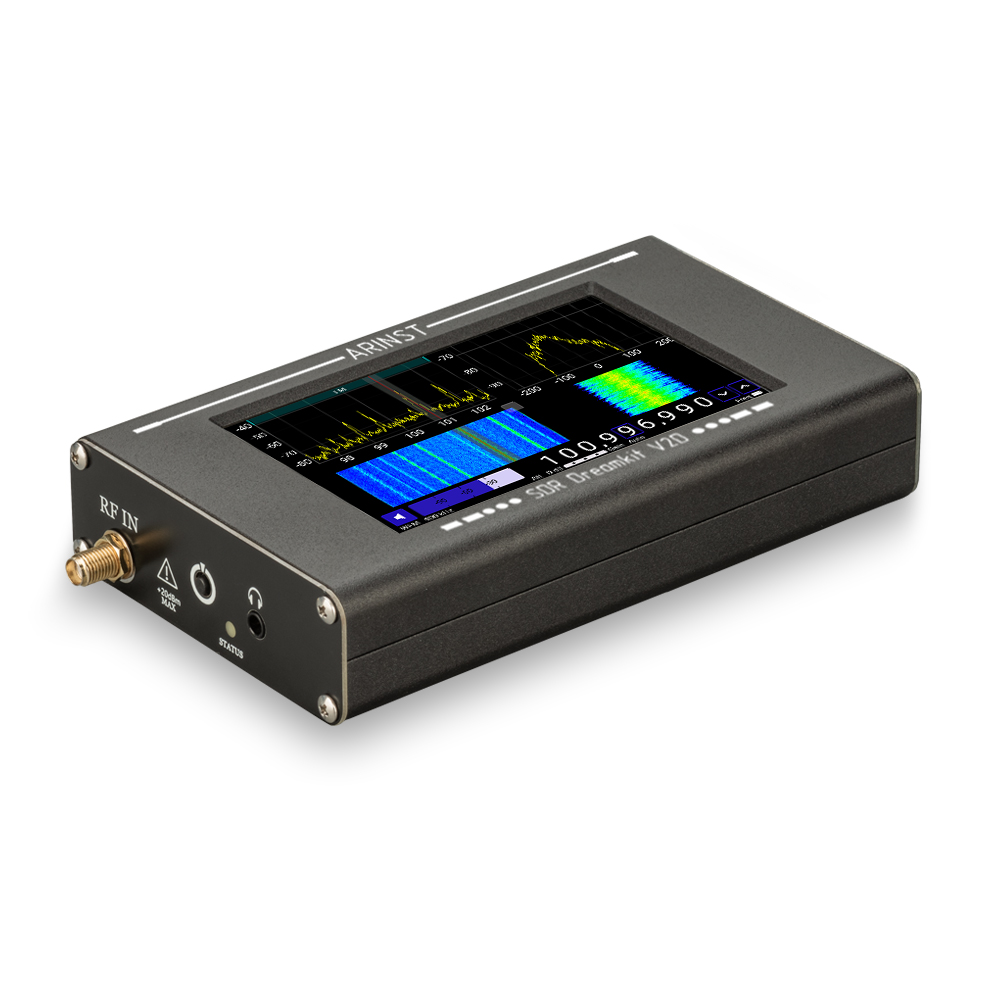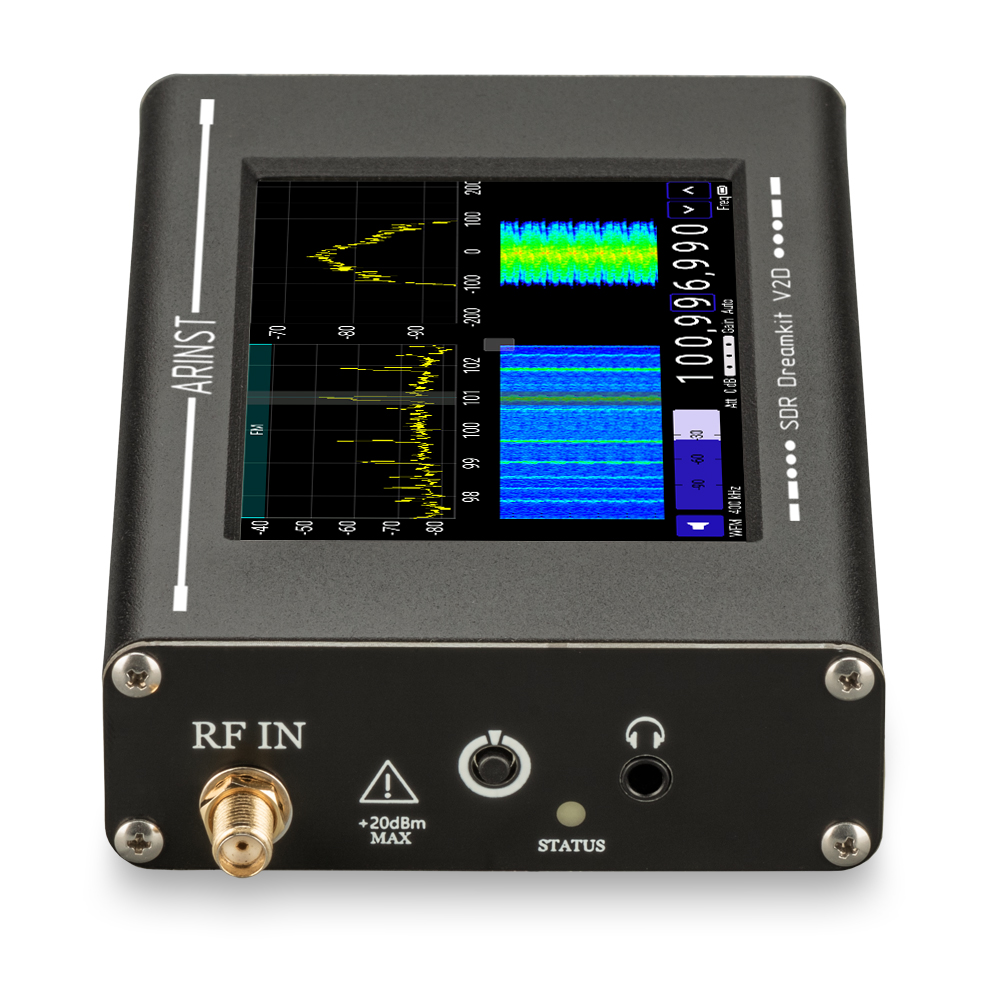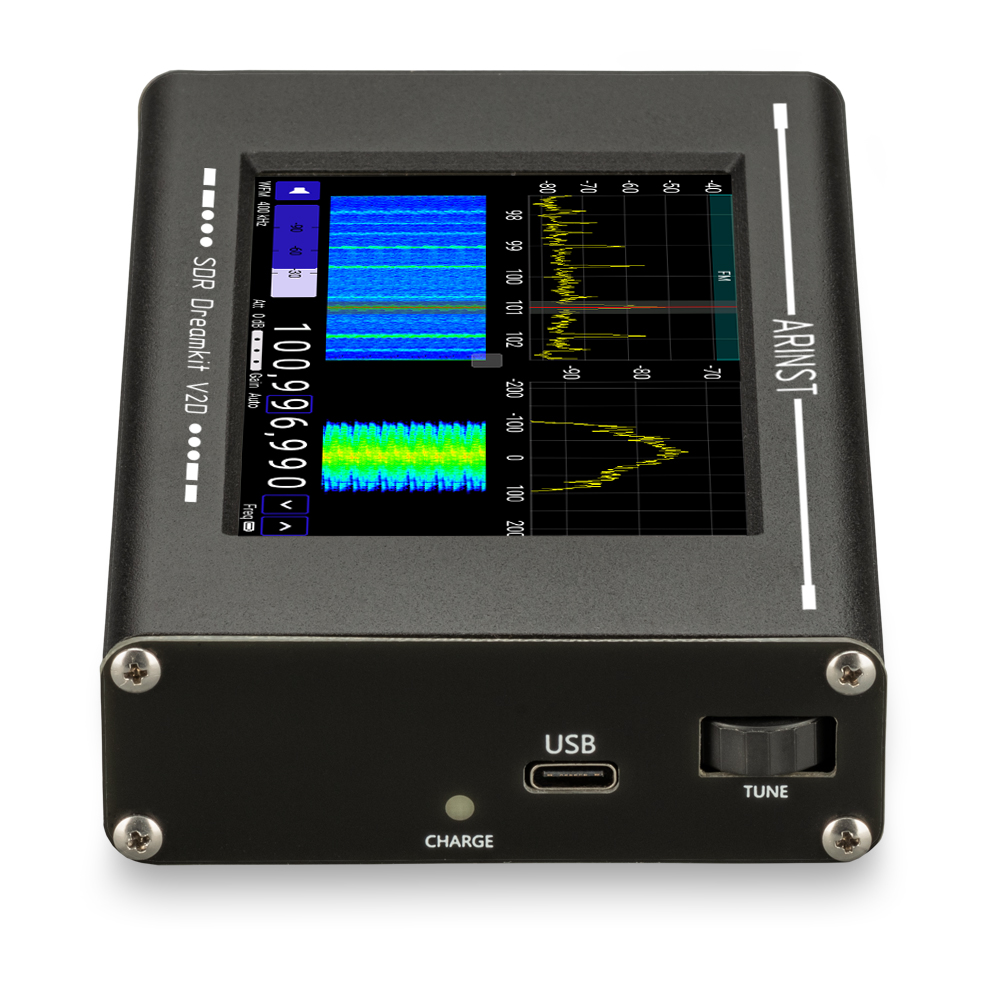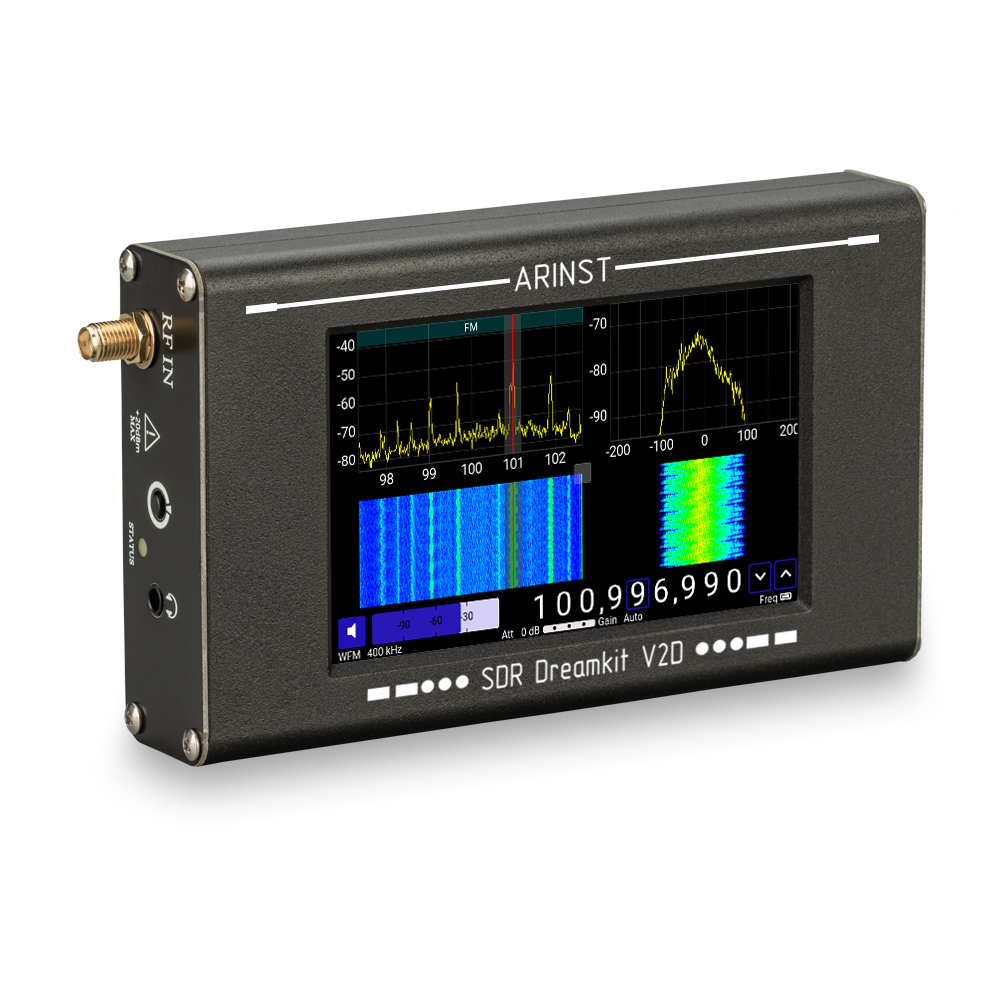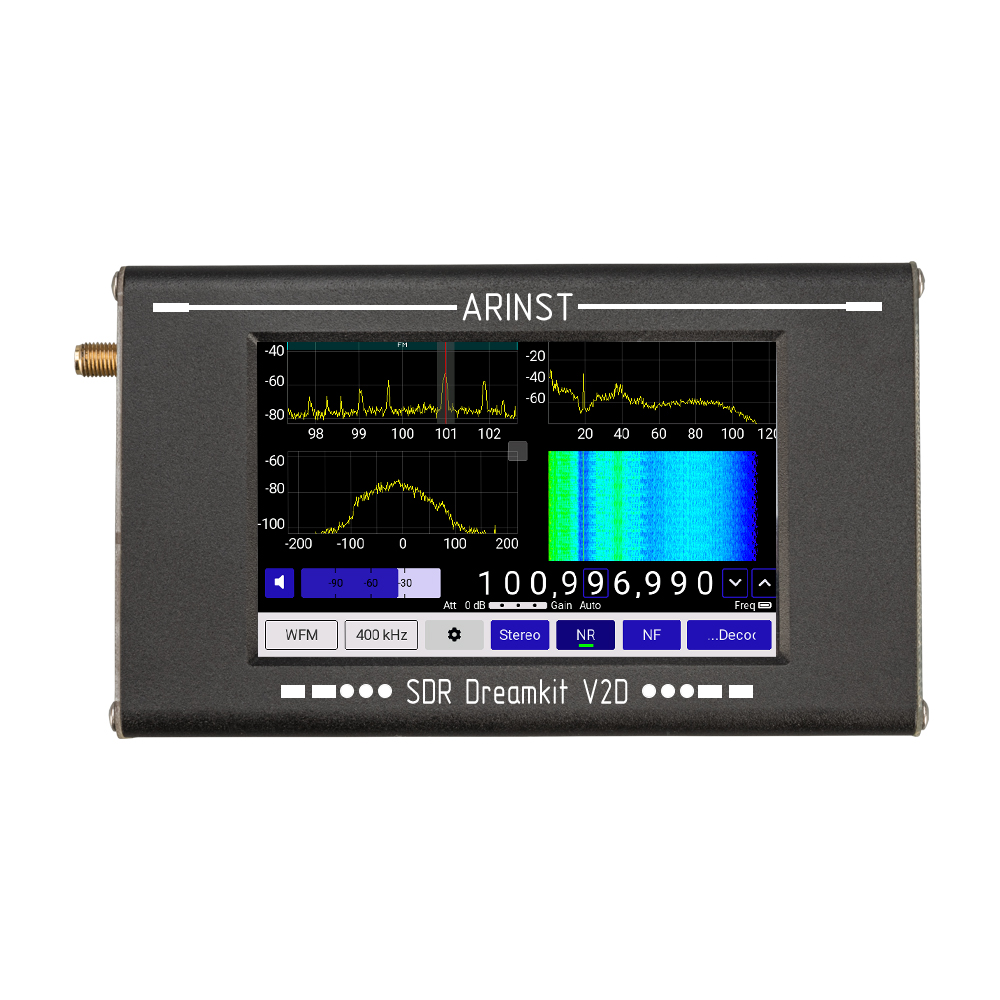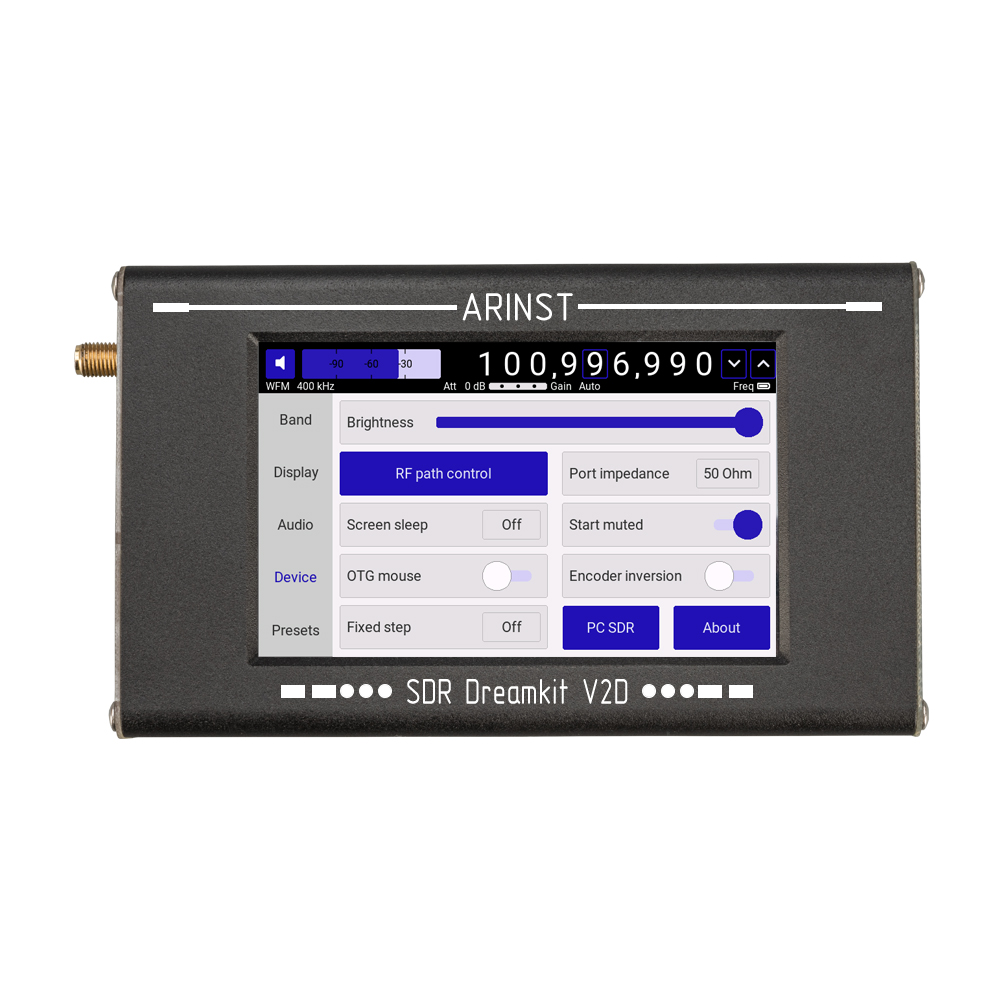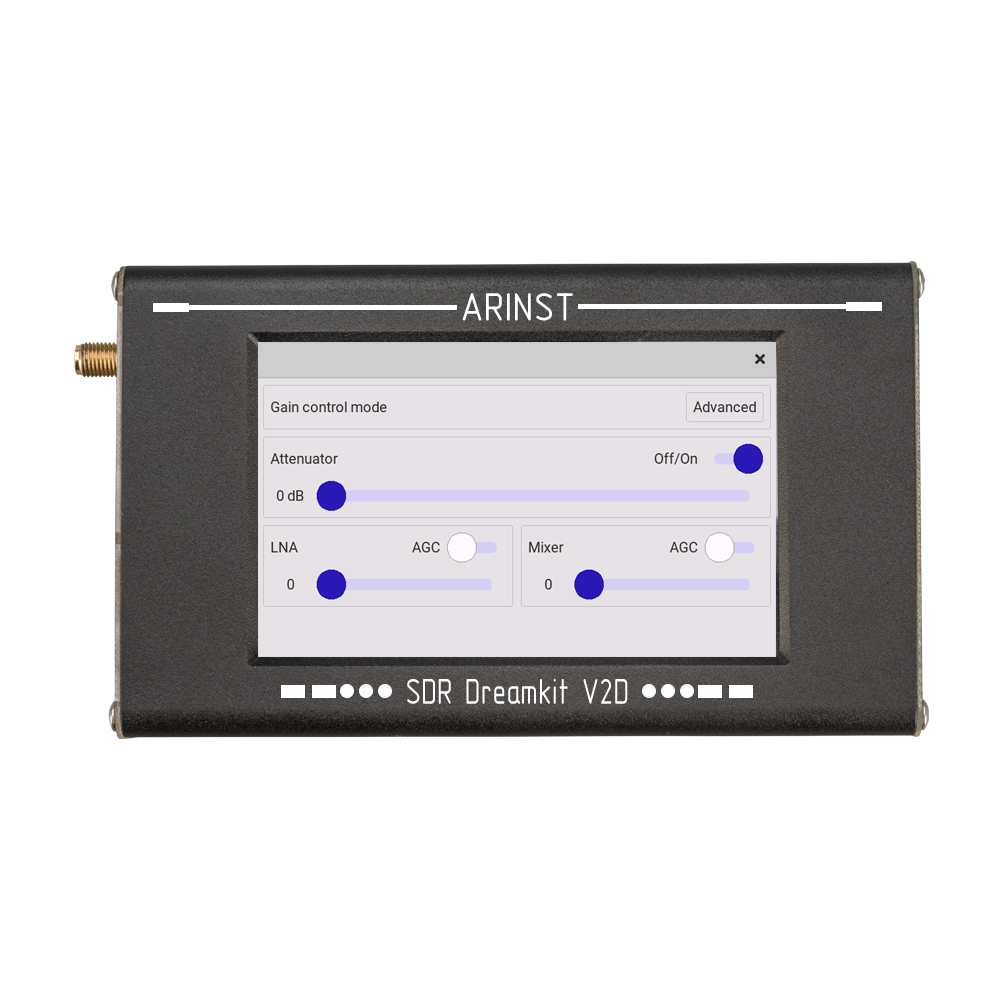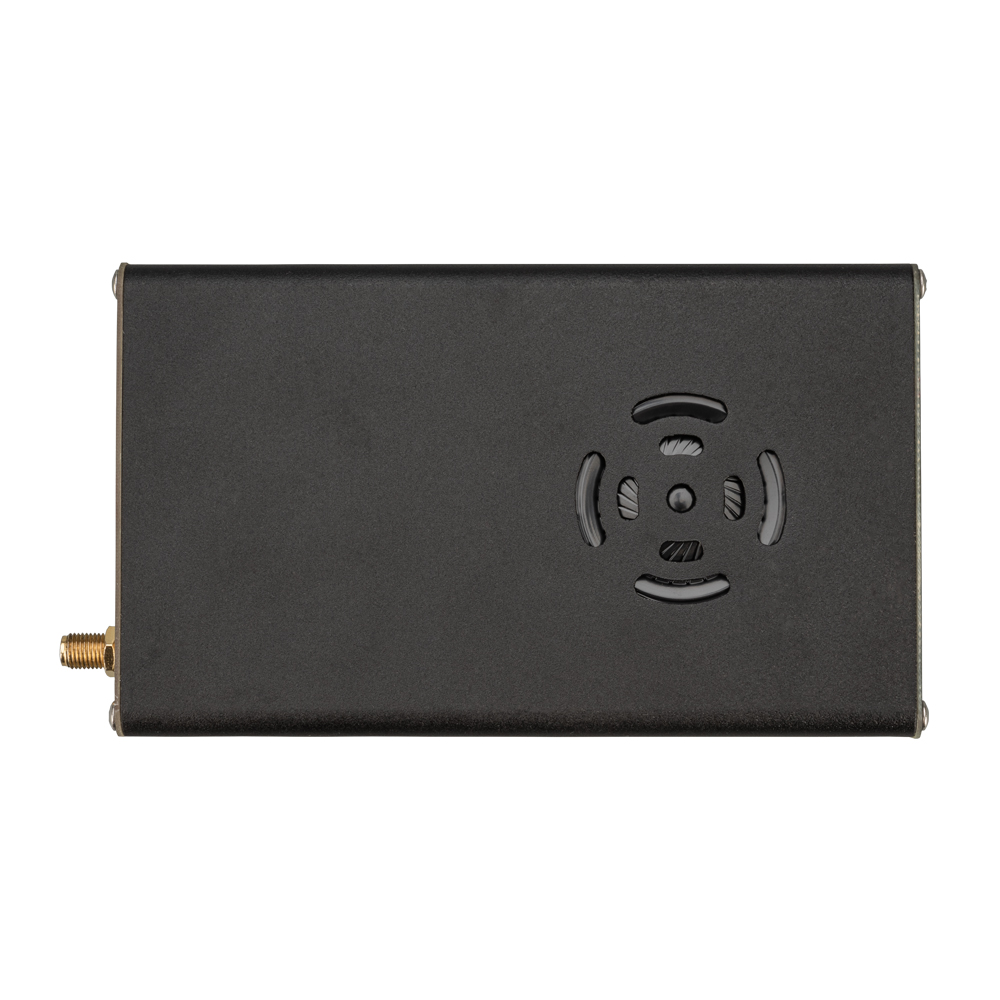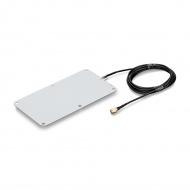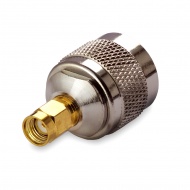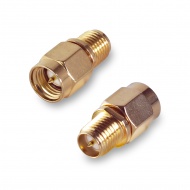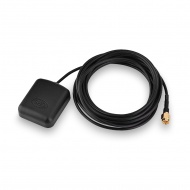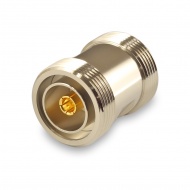The portable radio receiver ARINST SDR Dreamkit V2D (receiver, device) is designed to receive, display and listen to radio signals with various types of analog modulation. The display can be configured to show up to 4 spectrum/waterfall plots for different bands. The receiver is built using SDR technology, which allows you to programmatically control the device settings. The signal processing and demodulation block is completely made on a DSP-based microcontroller. The device can be used both in stand-alone mode and under PC control. The receiver allows you to listen to the demodulated signal through the built-in speaker or wired headphones.
Differences of ARINST SDR Dreamkit V2D from analogues:
- Frequency range 100 kHz-2800 MHz
- Adjustable low noise amplifier and attenuator
- Matched and high impedance input mode
- Sample rate 12 MHz
- 5 MHz maximum span bandwidth and continuous transmission of this bandwidth to PC
- ADC resolution 16 bit
- Sensitivity 0.25 uV
- Demodulation WFM, WFM STEREO/RDS, NFM, AM, LSB, USB, DSB, CW
- Powerful pre/post signal processing - AGC, impulse/spectral noise reduction, notch filters, equalizer
- Simultaneous display of up to 4 bands in Spectrum/Waterfall mode
- Port for charging and connecting to a PC - USB type-C
- Support for working with the HDSDR program
- Multifunctional encoder
- Mouse control
- Memory for 40 presets
- Built-in speaker
- 4” IPS touch screen
- Flexible chart display settings
- Built-in 5000 mAh battery
- Wide operating frequency range, no dropouts
- Built-in adjustable attenuator and low noise amplifier
- Real (non-quadrature) spectrum transfer without dips in the middle of the band
- Over 60 dB out-of-band rejection
- Simultaneous spectrum display and signal demodulation
For whom?
The portable radio receiver ARINST SDR Dreamkit V2D is designed to listen to the radio while simultaneously displaying the spectrum, this allows you to assess the radio environment and tune in to the wave of interest. The device is made in a durable aluminum case with a built-in battery, so it can be used both in the laboratory and in the field. The device will be useful for those who are engaged in amateur communications, radio control, as well as repair of radio transmitting equipment. You can connect wired headphones to the device, in addition, a 2 W speaker is built into the device. The device is equipped with a 4-inch resistive touch display. Autonomous operating time - 4 hours.
ARINST SDR Dreamkit V2D is used for:
-
searching and listening to radio sessions on amateur bands
-
listening to VHF (FM) radio stations
-
radio monitoring
-
radio transmitter tuning
-
PC as SDR set-top box with 12 MHz sample rate and 5 MHz bandwidth
-
educational process in universities
Attention! Do not switch the RF input jack while connected to a charger or USB connection to a PC. If these recommendations are not followed, the radio may be damaged.
| Specifications ARINST SDR Dreamkit V2D | |||
| Operating frequency range | 100 kHz-2800 MHz | ||
| Sampling frequency | 12 MHz | ||
| Maximum span width | 5 MHz | ||
| Minimum frequency resolution | 1 Hz | ||
| ADC resolution | 16 pages | ||
| Sensitivity, not less | 0.25 uV | ||
| Low noise amplifier control range | 0-30 dB | ||
| Attenuator control range | 0-30 dB | ||
| Input impedance | 50 Ом, HI-Z | ||
| Reference oscillator TCXO | 26MHz ±0.5ppm | ||
| Types of modulation | CW, AM, LSB, USB, DSB, NFM, WFM/STEREO/RDS | ||
| Fixed filter bands for WFM | 100, 200, 300, 400 kHz | ||
| Adjustable filter band for WFM | 50 kHz-450 kHz | ||
| Fixed filter bands for AM, NFM | 4, 6, 8, 10, 20 kHz | ||
| Adjustable filter band for AM, NFM | 2-25 kHz | ||
| Fixed filter bands for LSB, USB, DSB | 1.8, 2.0, 2.4, 2.7, 3.3 kHz | ||
| Adjustable filter band for LSB, USB, DSB | 1-5 kHz | ||
| Fixed filter bands for CW | 0.25, 0.3, 0.5, 1, 1.5 kHz | ||
| Adjustable filter band for CW | 0.1-2 kHz | ||
| Maximum input signal power delivered to the port with the LNA and attenuator turned off | -15 dBm | ||
| Maximum input signal power delivered to the port with LNA off and attenuator on 30 dB | +15 dBm | ||
| Maximum input signal power supplied to the port when the attenuator is on 30 dB | +20 dBm | ||
| Displayed Graphs | ■Baseband; ■IF1; ■IF2 (MPX); ■Waterfall; ■Audio; ■ RDS; ■ S-meter | ||
| Additional options | AGC, Noise reduction, Noise blanker, Notch filters, Equalizer | ||
| Number of remembered user settings | 40 | ||
| Audio output | Built-in speaker, headphones | ||
| Maximum built-in speaker power | 2 W | ||
| Screen diagonal | 4" | ||
| Screen type | touch resistive | ||
| Screen resolution | 800×480 | ||
| Maximum consumed current, no more | when charging the battery | ≤ 2 A 1 | |
| when operating from USB with battery charging 1 | ≤ 2 A | ||
| Battery capacity | 5000 mAh | ||
| Battery life 2 | ~ 4 h | ||
| Battery charge time 3 | ~ 3.5 h | ||
| PC connection interface | USB 2.0 HS Type C | ||
| Working temperature range | 0 … +40°C | ||
| Dimensions (L×W×H) | 150x81x27mm | ||
| Weight | 0.4 kg | ||
1 If your PC has a limit on the maximum current supplied to the USB port, the instrument will automatically limit the maximum charging current according to the current USB specification.
2 At ambient temperature plus 20±5°C after the battery is fully charged. The display is on, the volume of the built-in speaker is at an average level.
3 When connecting the device to a charger with an output current of at least 3A.
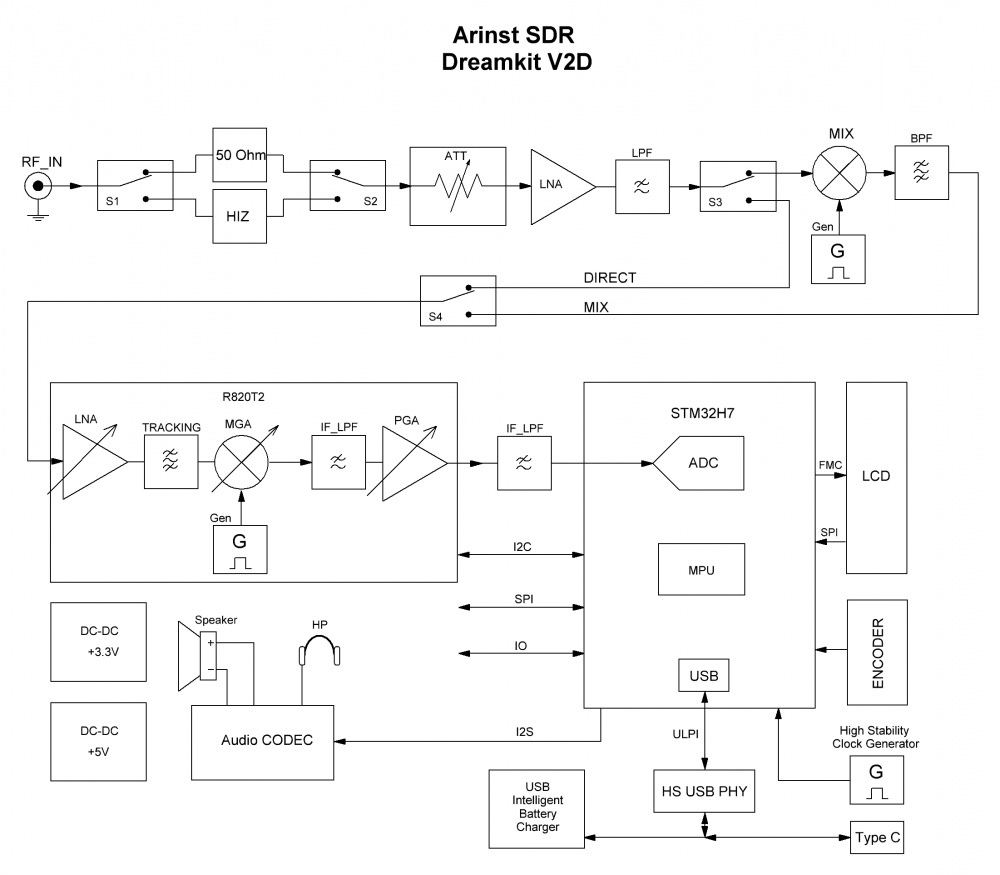
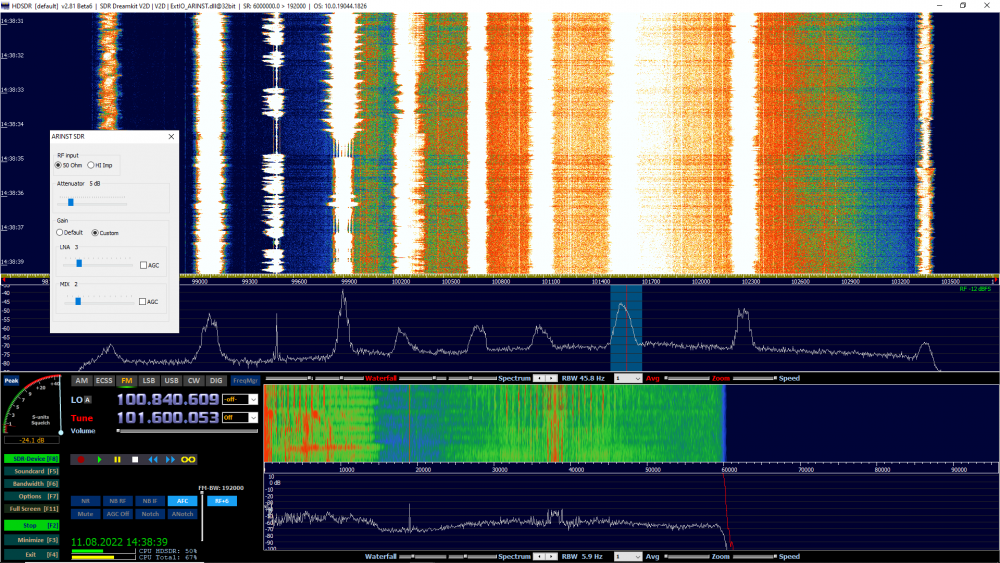
|
Dimensions (length , width , height ), mm
|
150
x
81
x
27
|
Equipment:
|
Position
|
SDR приемник
|
|
Переходник SMA(female)-SMA(male)
|
||
|
Кабель USB2.0 TYPE-A – TYPE-C
|
||
|
Паспорт
|
||
|
Упаковка
|
||
